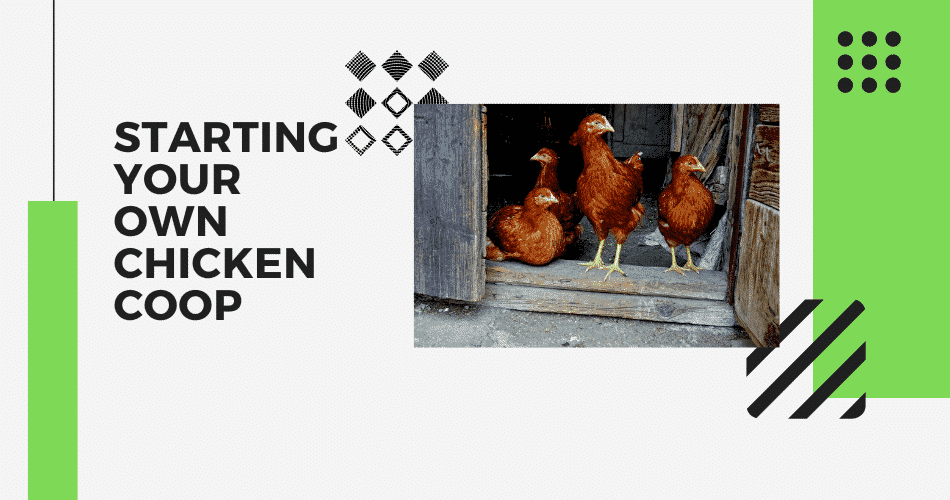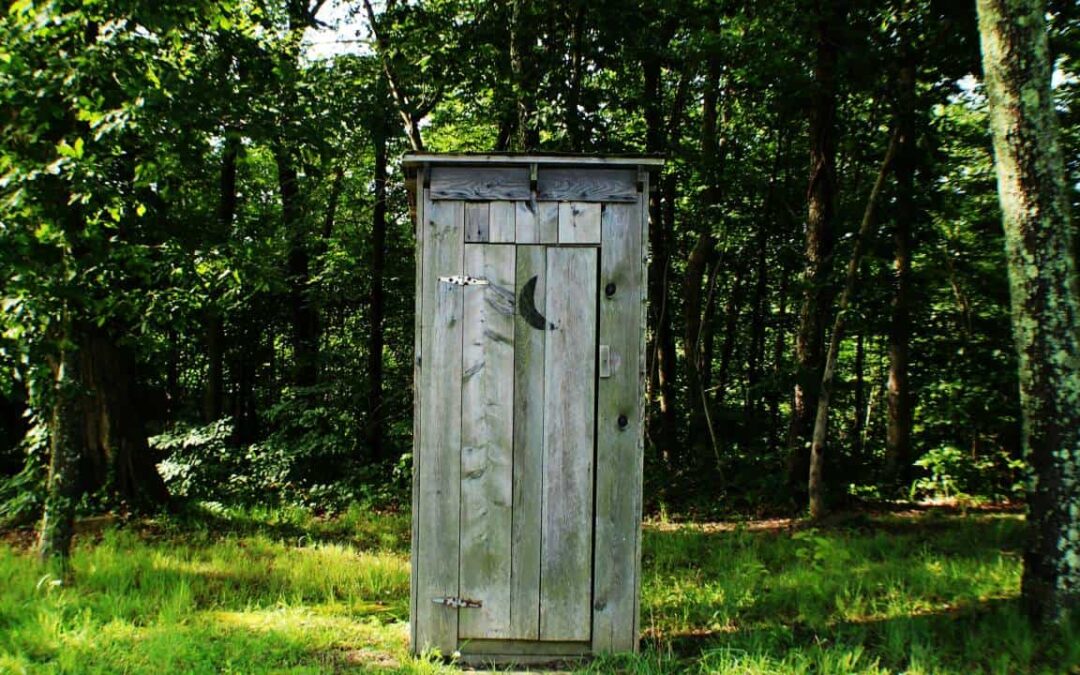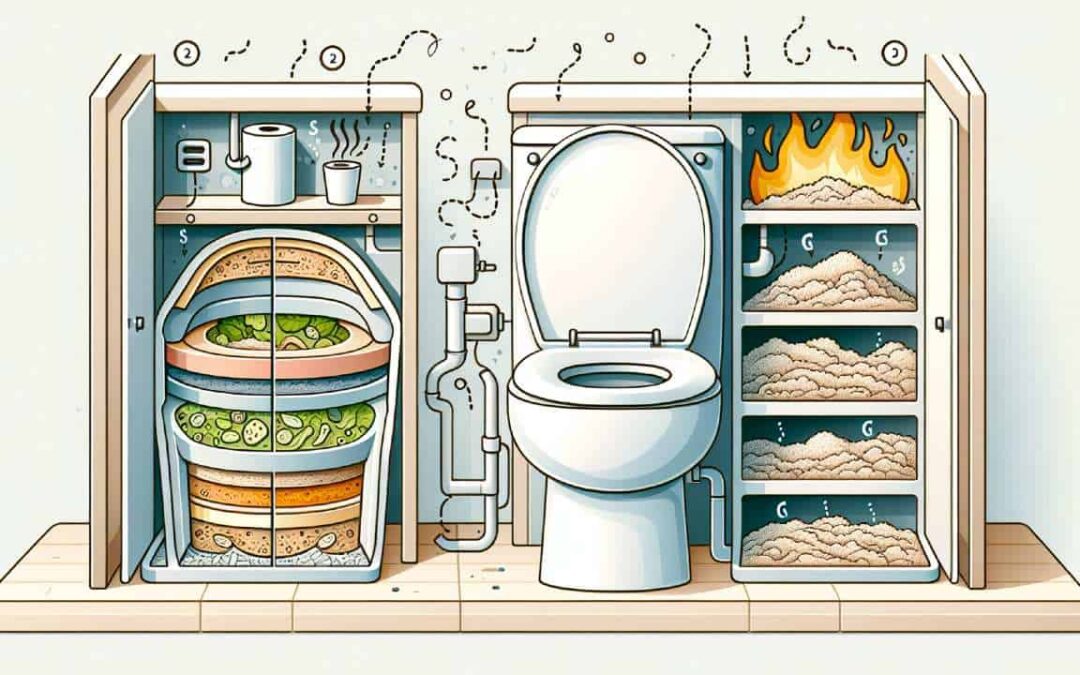Chickens provide a source of protein in two ways. A hen can produce 530 eggs over their lifetime.
That’s a ton of delicious omelets!
When their egg-laying days are over, chickens are a meat source as well.
Anyone who lives on a farm understands the importance of having a flock of chickens. Children raised on a farm will grow to have a keen understanding of the food chain. As long as you have chickens, you’ll never be hungry.
Fun fact: nothing in the world tastes as good as a fresh egg from your flock.
Swiped from beneath a chicken, just this morning, your breakfast food has no inspection stamp on it.
It’s real food, raised by you. Bavo!
Achieving the goal of raising chickens requires a chicken coop that will keep your birds safe. They are not smart animals and are easy prey for the wayward bobcat, raccoon, opossum, and bird of prey.
We’ve got some suggestions for you that will help you build a chicken coop to keep your flock happy, healthy, and safe. Some of our advice might be surprising to you. Read on for information that you probably hadn’t thought about before.
Build a Chicken Coop like Fort Knox
Common predators include raccoons, snakes, opossums, fox, bobcats, weasels, and birds of prey. A tree provides predators a way to gain access to your coop. Big cats, such as bobcats and mountain lions, climb into trees and drop down on their prey.
Bottom line: make sure that your chicken coop is not near trees that make your chickens easy targets.
Once you’ve found the perfect place to begin building your chicken coop, choose materials that are up to the task.
For starters, chicken wire is for keeping chickens in but will not keep predators out.
With this in mind, here’s a life-saving alternative.
Use hardware cloth; it’s fantastic at protecting your chickens.
Many people build their chicken coops on the ground.
That’s an easy mistake to make.
Weasels, fox, opossum, and raccoons will dig under the chicken coop that is built directly upon the bare earth. You can avoid predators from digging under the hen’s house with a few different methods.
Here are a few chicken coop building tips:
- Dig a trench and bury your fence several inches to a foot below the surface of the ground.
- Pour a cement foundation to set the chicken coop upon that will make digging impossible.
- Use netting wrapped around the lower two feet of the chicken coop to prevent snakes and small rodents from gaining entry. Snakes get caught in the net as they attempt to serpentine their way through it.
- Place chicken wire on the ground all the way around the chicken coop and pin it down. This prevents digging as it hurts the paws of any animal that digs.
Use 2×4 lumber to frame your hen house. It provides superior strength against larger predators and also from the elements.
Then attach hardware cloth to the framing.
This type of wire has holes that are less than one-half-inch in size. Snakes cannot fit through hardware cloth.
Raccoons and opossums cannot reach through hardware cloth either. The raccoon’s typical practice is to pull chickens through chicken wire, violently wrenching a hen’s head and neck through the fencing.
A fox will easily rip chicken wire apart, which is why we strongly recommend using hardware cloth instead.
To complete your project, place netting over the top that prevents both birds of prey and snakes from dropping into the coop. Owls and hawks swoop down from above, grab a chicken, and disappear. It happens quickly, and the only thing left behind is feathers.
Remember to Provide Creature Comforts
Hens need two to three feet each to remain happy inside their coop. They also need places to be off the ground.
Chickens instinctively roost off the ground because they sleep in a coma of sorts, completely unaware of anything going on around them.
Provide them with places to sit on that are elevated inside the chicken house. A long post, running from side to side, will be perfect.
Laying boxes don’t need to be larger than the size of a hen and should also be elevated. She is vulnerable when she’s laying an egg. Elevation gives hens a sense of security. Provide clean hay or straw for them to lay in as well.
Create access to the laying boxes that you can open from outside the coop. Ensure that it’s secure from predators and padlocked. Raccoons will open the lid if you don’t padlock it.
You’ll find that hens are messy.
Utilize hanging waterers and feeds that prevent them from spilling their food and water. Hanging the feeders will save you money in the long run.
Hens are prone to mites, so providing them with a dust box filled with diatomaceous earth is necessary. They will lay in the box and dust themselves thoroughly, killing the mites before they can spread.
Additional Chicken Coop Recommendations
Going the extra mile to keep snakes away is recommended. Products to keep snakes away, such as Snake Away, should be spread every month, liberally.
Use caution when you reach under a hen for eggs. Snakes will lay under a hen and eat the eggs as soon as they lay. Once full, the snake will not be able to go far until the egg digests.
Creating a safe space for your hens will ensure that your flock is happy and laying eggs daily.
Remember this: when chickens become stressed, they stop laying eggs.
Roosters aren’t necessary for eggs; however, they are great guardians to watch over sleeping hens. Roosters will fight to protect their hens and cause quite a frenzy when something is amiss. Consider having one for this reason.



